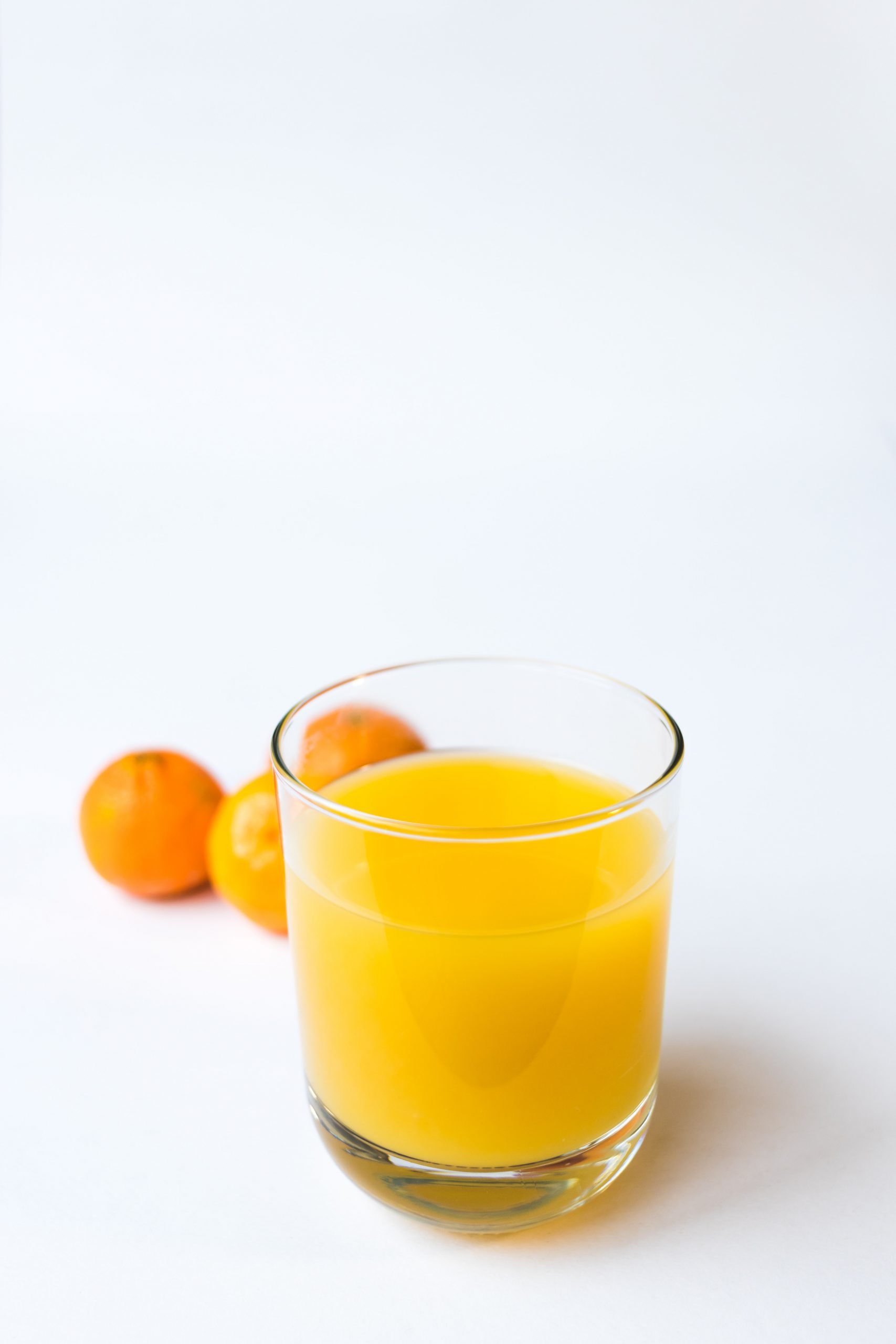Juice concentrates have recently become popular among many health enthusiasts. They are merely fruit juices that have been extracted. Not only are they refreshing to drink, but they are also believed to be healthy. However, despite their sudden rise to popularity, many have been asking one particular question: Are juice concentrates really good for health?
In this article, we’ll cover what you need to know about juice concentrates and also their health advantages and disadvantages:
Juice concentrate in a nutshell
A fruit generally consists of 90 percent water. As mentioned, juice concentrate is simply the water content that has been removed and stored from the fruit. This thick, syrupy liquid is usually prepared, frozen, and mixed with water for consumption.
If you’re wondering how a juice concentrate is specifically prepared, here’s how it works. First, the whole fruits are thoroughly washed and scrubbed. They are then crushed or blended into a pulp. After that, the water content is extracted and evaporated. After all these steps, they are then frozen and stored for consumption.
Note: Some companies use additives, artificial sweeteners, as well as artificial colors and aromas, which can be hurtful to your health.
Types of juice concentrate
Let’s take a closer look at some types of juice concentrate, as follows:
- One hundred percent fruit concentrate: This option has no additives, artificial sweeteners, flavors/aroma, or nutrients.
- Concentrated fruit cocktail or punch: This is a blend of various kinds of juices such as orange, pineapple, and apple juice. It often includes added sweeteners or flavors as compensation for the lack of kick from the whole fruit.
- Powdered juice: This is basically dehydrated through methods like spray-and-freeze drying. The process involves removing the water content and leaving the juice concentrate powdered. This juice is usually added with sugar.
Health benefits and drawbacks
Now that you know the various types, let’s explore the health benefits and potential drawbacks of consuming juice concentrate. Consider the information below:
Pros
- Essential nutrients: Fruits are loaded with the vitamins that your body needs, such as vitamin C, provitamin A, and B vitamins and minerals like iron, potassium, magnesium, and zinc. However, know that 100-percent fruit concentrate is the healthiest option since it doesn’t have any trace of additives.
- Plant compounds: Juice concentrate consists of various plant compounds that include carotenoids, anthocyanins, and flavonoids, which have various health benefits. Likewise, they are known to cause improved heart health and decreased inflammation.
Cons
- Added sugars and preservatives: Most juice concentrates have added sugars and unhealthy preservatives, which can be bad for your health. In fact, the US Department of Health and Human Services recommends that you get less than 10 percent of your daily calories from these added sugars.
- Lack of fiber: As the water content of juice concentrate has been extracted, there’s no fiber left to consume. Health experts say that it’s better to eat whole fruits rather than juice concentrates as the fiber aids in digestion and stabilizes your blood sugar level.
Conclusion
Although there are healthy juice concentrates, just be wary of products containing additives, which is why you should always read the nutritional label. Ultimately, keep in mind that even the healthiest form of juice concentrate should be drunk in moderation.
We provide the latest health and medical news in the healthcare industry. If you’re looking for updates on healthy beverages, subscribe to us today!


















